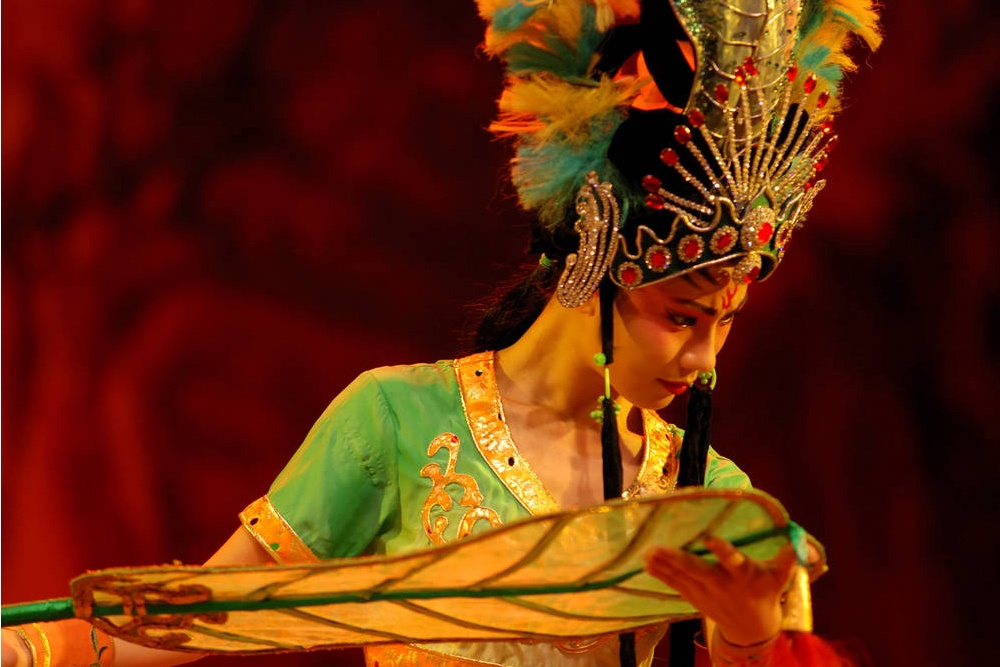
Introduction
The Peking Opera or Beijing Opera is China's national opera and undoubtedly the most popular and widespread opera in the country. It has been over 200 years since it was brought to Beijing by Qing Emperor Qianlong as an 80th birthday gift to himself. Although it is called Peking opera, its origins are in the southern Anhui and eastern Hubei provinces. It was inscribed on the List of the Intangible Cultural Heritage of Humanity by UNESCO in 2010.
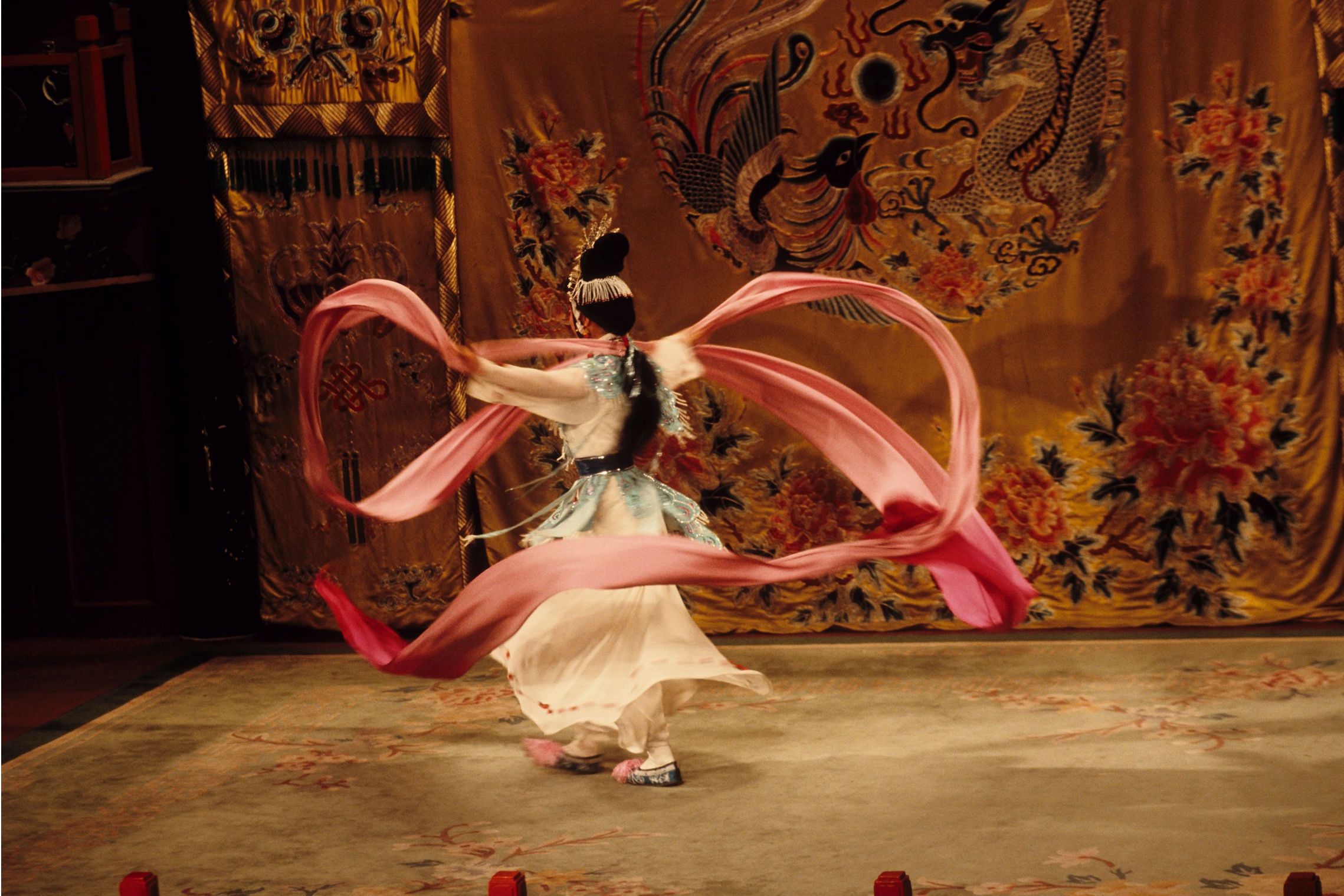
Unlike European operas, which usually concentrate on one kind of performance in one stage representation, Peking Opera is a comprehensive performing art combining music, singing, dialogue, mime, dance and martial arts. Hence an actor or actress in Beijing Opera has to meet more requirements than that in other forms of performing art. All of these skills are expected to be performed effortlessly, in keeping with the spirit of the art form.
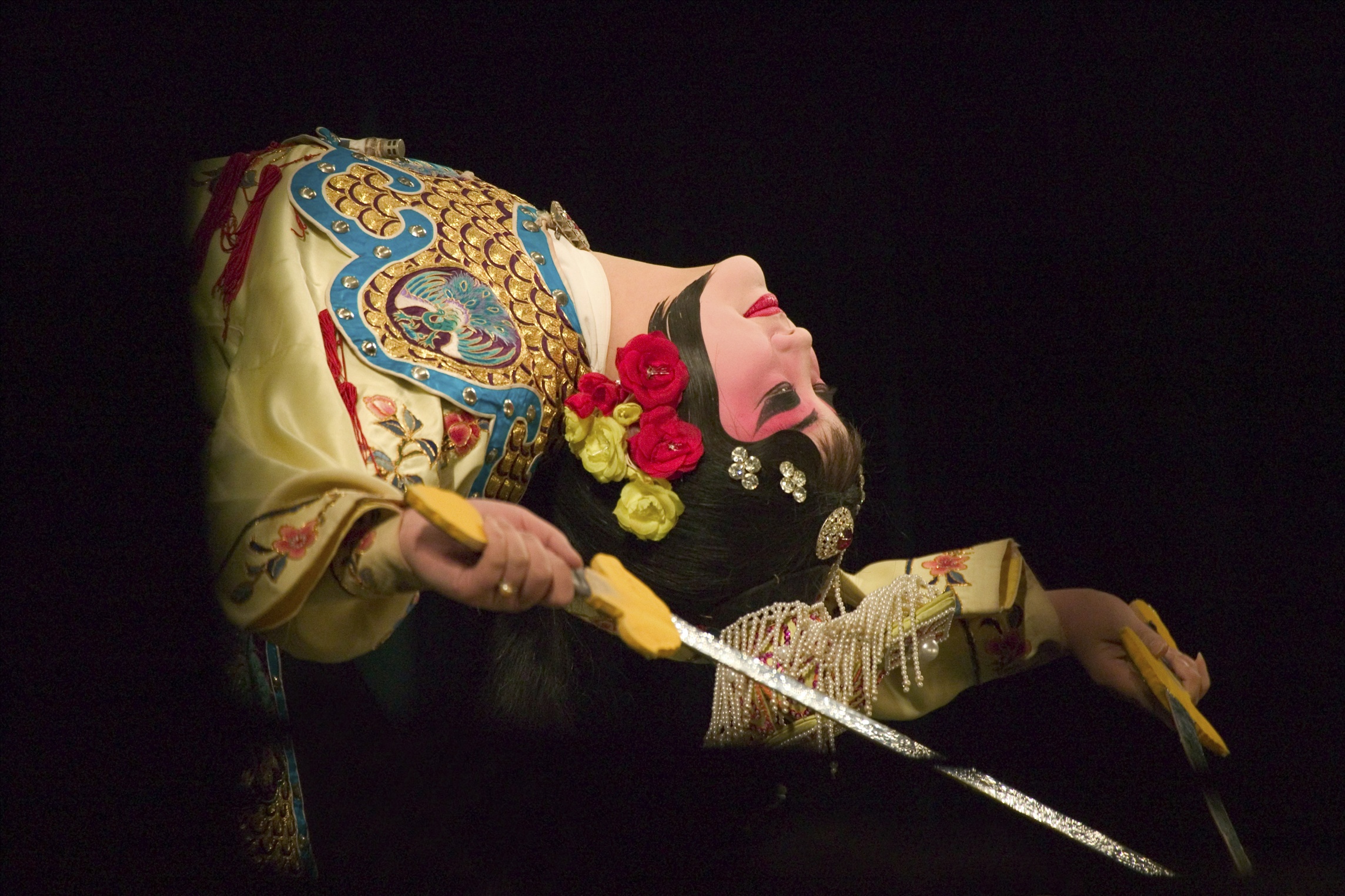
Peking Opera usually tells stories of history, politics, society and daily life and aspire to inform as they entertain. The music of Peking opera plays a key role in setting the pace of the show, creating a particular atmosphere, shaping the characters, and guiding the progress of the stories. Costumes are flamboyant and the exaggerated facial make-up uses concise symbols, colors and patterns to portray characters’ personalities and social identities.
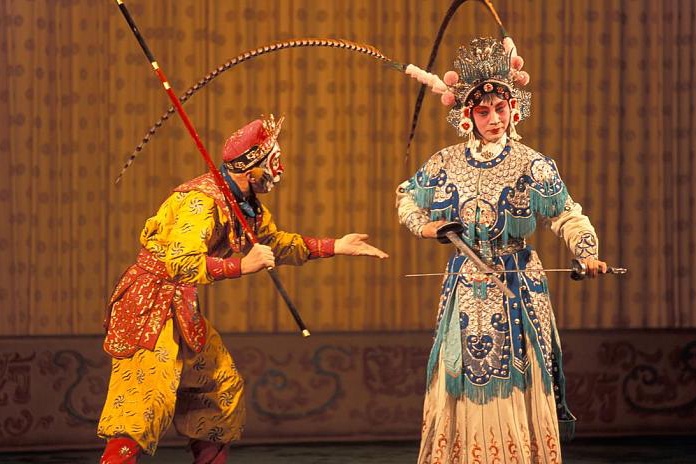
Main Performers of Peking Opera
Sheng: men, divided into Laosheng, Xiaosheng, Wusheng
Dan: women, divided into Zhengdan, Laodan, Huadan, Wudan, Daomadan
Jing: painted-face role, divided into Zhengjing, Fujing, Wujing, Maojing
Chou: painted-face role, amusing, rascal, occasionally slightly wicked, divided into Wenchou, Wuchou, Nuchou
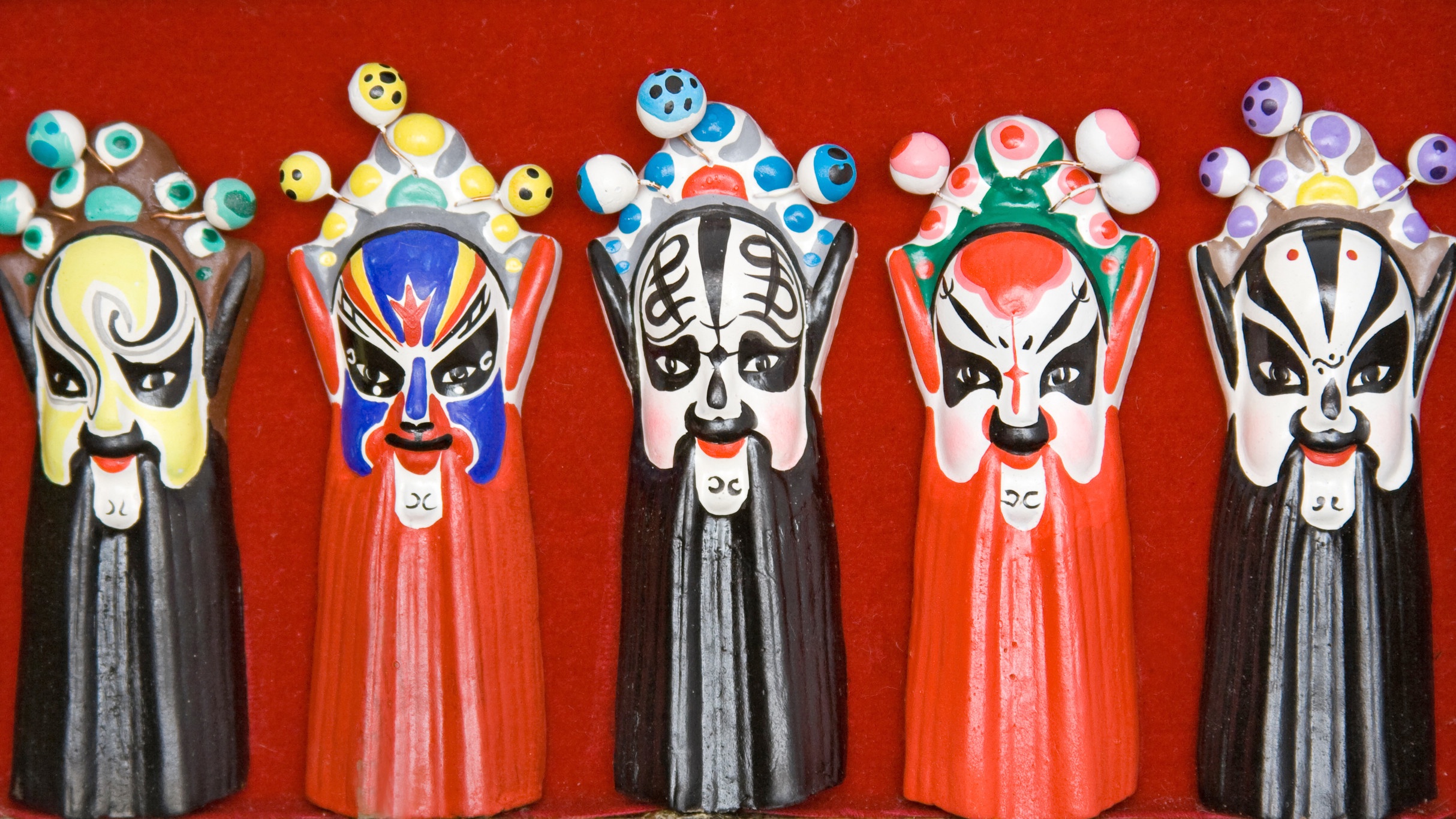
Personalities behind Different Make-up Colors
Red - brave, faithful and wise men, with utter devotion
Purple - wise, brave and steadfast men
Black - upright, outspoken, and never stooping to flattery
Blue - brave, upright and outspoken men, but obstinate and unruly
Green - hero of the bush, chivalrous but with a testy temper
Yellow - valiant but ferocious military men or crafty civil officers
White - insidious and treacherous
Gold & silver - mysterious monsters or gods



